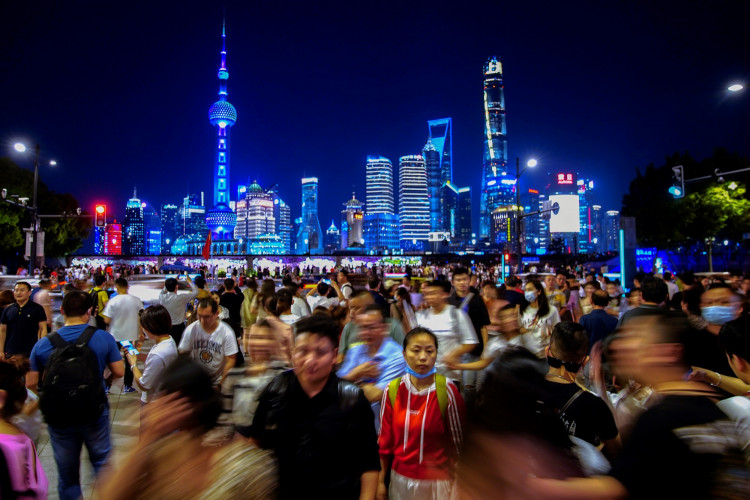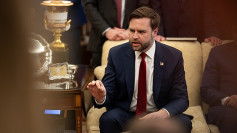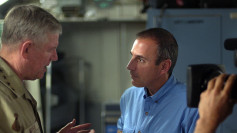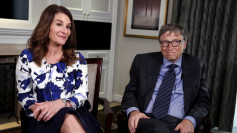As the COVID-19 pandemic continues to recede across the U.S., many travelers are beginning to return to a sense of normalcy. While some caution remains as new variants of the virus emerge, many are optimistic that the worst of the pandemic is behind us and life can finally return to pre-pandemic routines.
According to a CNN report, the U.S. is proposing to ease COVID testing limitations for Chinese visitors as soon as this coming Friday.
The Biden administration will continue to use the Traveler-based Genomic Surveillance (TGS) program, which polls travelers for information about novel variants, to keep an eye on developments in China and elsewhere.
China ended its contentious and long-held zero-COVID policy in early December, leading to the implementation of the testing requirement in January.
The recent announcement follows an assessment by the U.S. Department of Energy that the virus most likely originated from an accident in a Chinese laboratory, which further strained relations between the U.S. and China.
Despite its vehement denials, China has made it difficult for outsiders to figure out where this pandemic actually began by hindering international research.
At the onset of the pandemic, the theory that the COVID-19 virus may have escaped from a laboratory in Wuhan, China, has gained traction among some scientists and politicians. While the origins of the pandemic remain unclear, many experts agree that the lab leak theory is worth investigating.
The Wuhan Institute of Virology, which is located in the city where the pandemic first emerged, has been at the center of speculation about a possible lab leak. The lab is known to have been studying coronaviruses in bats, which are thought to be the origin of the virus that causes COVID-19.
However, the Chinese government has denied that the virus escaped from a laboratory, and many scientists have argued that it is more likely that the virus jumped from animals to humans in a natural setting, such as a wet market in Wuhan.
The debate over the lab leak theory has been complicated by the politicization of the issue, with some politicians using it to advance their own agendas. In the U.S., for example, some Republicans have seized on the theory to criticize China and the World Health Organization, while some Democrats have accused them of spreading conspiracy theories and distracting from the more pressing need to address the ongoing pandemic.
As the pandemic continues to ravage the world, it is clear that understanding its origins is crucial for preventing future outbreaks. While the debate over the lab leak theory may continue for some time, it is important that scientists and politicians work together to uncover the truth and take steps to prevent another pandemic from happening again.






